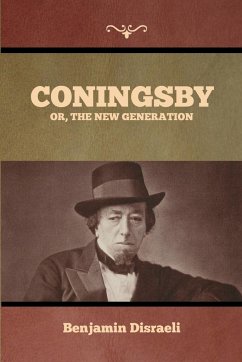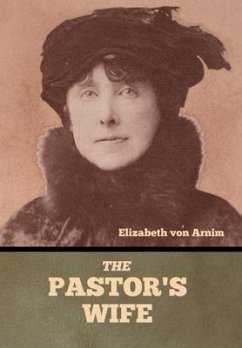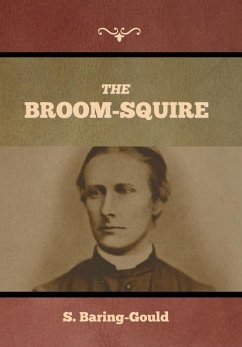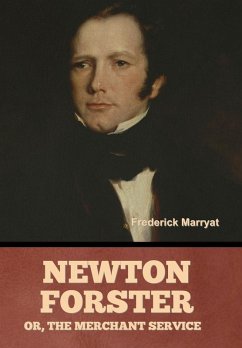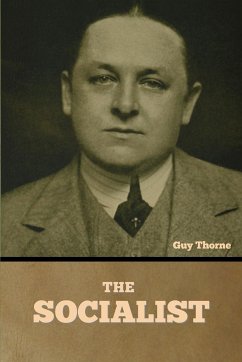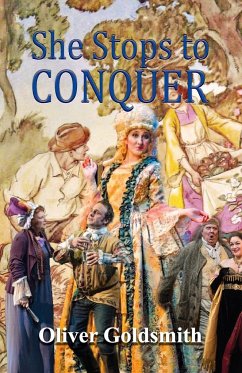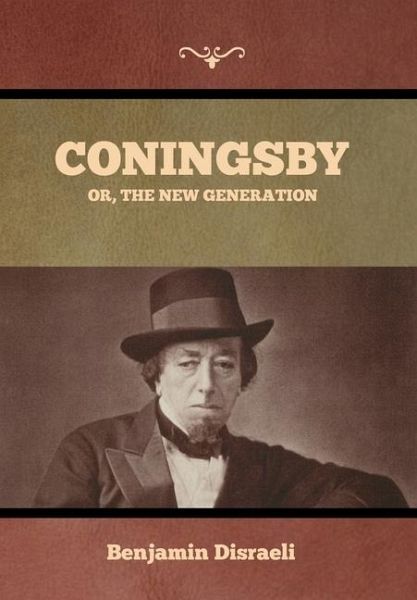
Coningsby; Or, The New Generation
Versandkostenfrei!
Versandfertig in über 4 Wochen
30,99 €
inkl. MwSt.
Weitere Ausgaben:

PAYBACK Punkte
15 °P sammeln!
Coningsby (1844 First Edition) was the first of a trilogy of novels (together with Sybil and Tancred) which marked a departure from Disraeli's silver-fork novels of the 1830s and which are his most famous. The book is set against a background of the real political events of the 1830s in England that followed the enactment of the Reform Bill of 1832. In describing these events Disraeli sets out his own beliefs including his opposition to Robert Peel, his dislikes of both the British Whig Party and the ideals of Utilitarianism, and the need for social justice in a newly industrialized society. H...
Coningsby (1844 First Edition) was the first of a trilogy of novels (together with Sybil and Tancred) which marked a departure from Disraeli's silver-fork novels of the 1830s and which are his most famous. The book is set against a background of the real political events of the 1830s in England that followed the enactment of the Reform Bill of 1832. In describing these events Disraeli sets out his own beliefs including his opposition to Robert Peel, his dislikes of both the British Whig Party and the ideals of Utilitarianism, and the need for social justice in a newly industrialized society. He portrays the self-serving politician in the character of Rigby (based on John Wilson Croker) and the malicious party insiders in the characters of Taper and Tadpole. In Coningsby Disraeli articulates a "Tory interpretation" of history to combat the "accepted [Whig] orthodoxy of the day" which was highly influenced by Thomas Carlyle's Heroes and Hero-Worship (1841). In this interpretation the Whigs have emasculated three great institutions (the monarchy, the church and "the people") so as to rule in their own interest. Disraeli is very critical of the Tory party after the death of Pitt (describing the Tory Prime Minister of 15 years Lord Liverpool as the "arch-mediocrity") believing that it had abandoned "true Toryism" to become "Political Infidelity". This manifests itself in Coningsby's eponymous hero refusing the opportunity to stand as a Conservative parliamentary candidate even though he is opposed to the Whigs. As an alternative or a remedy, Coningsby and his young contemporaries articulate the "Young England" creed which Disraeli was associated with at the time. (wikipedia.org) About the author: Benjamin Disraeli, 1st Earl of Beaconsfield, KG, PC, DL, JP, FRS (21 December 1804 - 19 April 1881) was a British statesman, Conservative politician and writer who twice served as Prime Minister of the United Kingdom. He played a central role in the creation of the modern Conservative Party, defining its policies and its broad outreach. Disraeli is remembered for his influential voice in world affairs, his political battles with the Liberal Party leader William Ewart Gladstone, and his one-nation conservatism or "Tory democracy". He made the Conservatives the party most identified with the British Empire and military action to expand it, both of which were popular among British voters. He is the only British Prime Minister to have been born Jewish. Disraeli was born in Bloomsbury, then a part of Middlesex. His father left Judaism after a dispute at his synagogue; Benjamin became an Anglican at the age of 12. After several unsuccessful attempts, Disraeli entered the House of Commons in 1837. In 1846, Prime Minister Robert Peel split the party over his proposal to repeal the Corn Laws, which involved ending the tariff on imported grain. Disraeli clashed with Peel in the House of Commons, becoming a major figure in the party. When Lord Derby, the party leader, thrice formed governments in the 1850s and 1860s, Disraeli served as Chancellor of the Exchequer and Leader of the House of Commons. ... (wikipedia.org)





